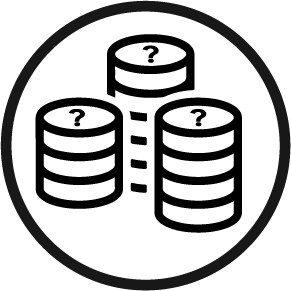Course information
Short Summary:
In 90 days, your team must respond effectively to an unfolding humanitarian disaster.
Course short name:
In 90 Days
Hide course from catalogue: No
Topic: Technical Sectors
Management Essentials:
Safety and Security:
Programmatic Support:
Technical Sectors: Disaster management and risk reduction
Humanitarian Essentials:
Language: English
Format: Game
Provider: FIELD Programme, Humanitarian Leadership Academy, Save the Children
Region: Global
Compatibility: Offline, Tablet, Smartphone
Welcome to In 90 Days
In 90 Days is designed to explore the trade-offs and challenging decisions humanitarian field managers face while responding to crises. Learners can choose from 3 distinct scenarios and earn digital badges via HPass to demonstrate learning. Learners have to choose between limited resources and competing pressures to alleviate suffering in the most sustainable way.
The game is also available in Arabic (عربي), Spanish (Español) and French (Français).

How will I benefit from this game?
Develop a more nuanced and empathetic appreciation for why it is crucial to deliver equitable and inclusive intersectional programming (e.g. considering gender, age, disability, etc.) as informed by analyses. Demonstrate making decisions under stress and time pressure. Build on community assets and capacities, preparedness plans, and take intentional action to avoid unintended negative effects.Practice accountability to affected communities through a collaborative approach to meaningful participation, consideration of local strengths, plans, assets and capacities. Adapt programming based on complaints and feedback.Use judgement to determine most appropriate and effective coordination mechanisms (data, inter-agency meetings, contextual information, etc.) with other humanitarian entities serving affected communities.Take targeted actions to ensure staff are treated fairly and equitably and are supported to do their work in an empathetic and safe work environment where risks have been mitigated.Select different tools and methods for programmatic learning and improvement in a range of contexts.Balance effective and appropriate use of resources bearing in mind programme quality, compliance, safety, risk, and environmental considerations

How long will it take? This game should take you around 30 minutes to complete.

How much does it cost? This game is free!
 How do I start? Scroll to the top of the page and click on the Join course button. This will take you through to more information about the game and how you can download it.
How do I start? Scroll to the top of the page and click on the Join course button. This will take you through to more information about the game and how you can download it.
